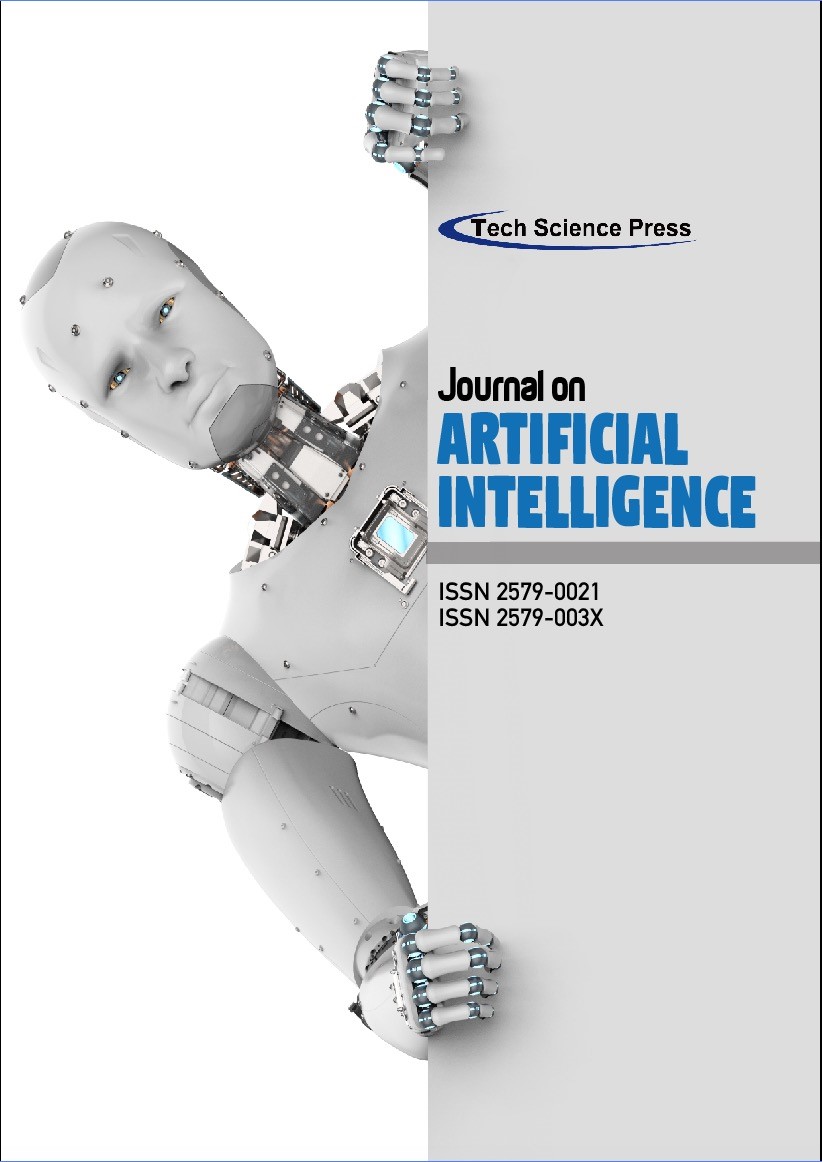
Artificial Intelligence (AI) techniques have been attracted increasing attention around the world and are now being widely used to solve a whole range of hitherto intractable problems. This journal welcomes foundational and applied papers describing mature work involving AI methods.
 Open Access
Open Access
ARTICLE
Journal on Artificial Intelligence, Vol.8, pp. 51-64, 2026, DOI:10.32604/jai.2026.075257 - 22 January 2026
Abstract To enhance the operational performance of energy storage systems (ESS), this paper proposes an optimal dispatch strategy that jointly considers reliability and economic efficiency. First, we formulate a cost-minimization model that includes ESS dispatch costs, wind and photovoltaic (PV) curtailment costs, and load loss costs, while explicitly enforcing power supply reliability constraints. Next, we develop a comprehensive evaluation indicator system that integrates reliability, economic performance, renewable-energy utilization, and ESS technical indicators, thereby addressing the limitations of single-indicator assessments. Finally, a case study using real data from a region in China shows that the proposed strategy More >
 Open Access
Open Access
ARTICLE
Journal on Artificial Intelligence, Vol.8, pp. 39-49, 2026, DOI:10.32604/jai.2026.076674 - 22 January 2026
Abstract The rise in convenience packaging has led to generation of enormous waste, making efficient waste sorting crucial for sustainable waste management. To address this, we developed DWaste, a computer vision-powered platform designed for real-time waste sorting on resource-constrained smartphones and edge devices, including offline functionality. We benchmarked various image classification models (EfficientNetV2S/M, ResNet50/101, MobileNet) and object detection (YOLOv8n, YOLOv11n) including our purposed YOLOv8n-CBAM model using our annotated dataset designed for recycling. We found a clear trade-off between accuracy and resource consumption: the best classifier, EfficientNetV2S, achieved high accuracy (
 Open Access
Open Access
ARTICLE
Journal on Artificial Intelligence, Vol.8, pp. 19-38, 2026, DOI:10.32604/jai.2026.074988 - 20 January 2026
Abstract The COVID-19 pandemic has underscored the need for rapid and accurate diagnostic tools to differentiate respiratory infections from normal cases using chest X-rays (CXRs). Manual interpretation of CXRs is time-consuming and prone to errors, particularly in distinguishing COVID-19 from viral pneumonia. This research addresses these challenges by proposing a customized EfficientNet-B0 model for ternary classification (COVID-19, Viral Pneumonia, Normal) on the COVID-19 Radiography Database. Employing transfer learning with architectural modifications, including a tailored classification head and regularization techniques, the model achieves superior performance. Evaluated via accuracy, F1-score (macro-averaged), AUROC (macro-averaged), precision (macro-averaged), recall (macro-averaged), inference… More >
 Open Access
Open Access
ARTICLE
Journal on Artificial Intelligence, Vol.8, pp. 1-18, 2026, DOI:10.32604/jai.2026.073895 - 07 January 2026
(This article belongs to the Special Issue: Advances in Artificial Intelligence for Engineering and Sciences)
Abstract Artificial intelligence (AI) is steadily making its way into pharmaceutical validation, where it promises faster documentation, smarter testing strategies, and better handling of deviations. These gains are attractive, but in a regulated environment speed is never enough. Regulators want assurance that every system is reliable, that decisions are explainable, and that human accountability remains central. This paper sets out a Human-in-the-Loop (HITL) AI approach for Computer System Validation (CSV) and Computer Software Assurance (CSA). It relies on explainable AI (XAI) tools but keeps structured human review in place, so automation can be used without creating… More >